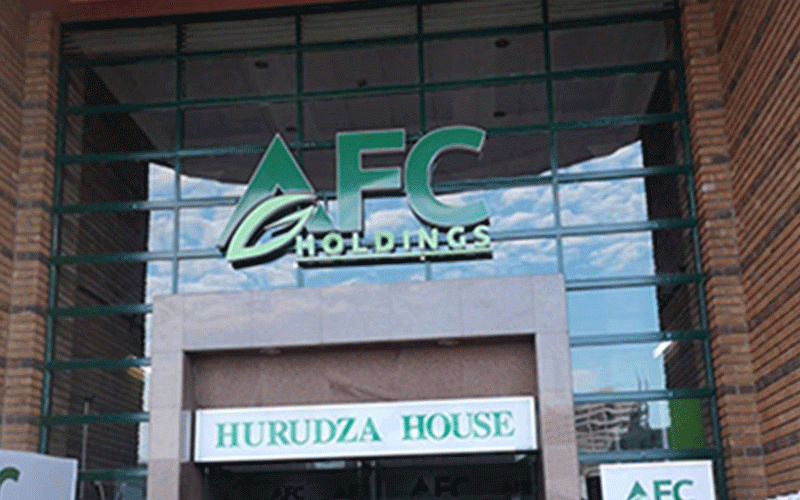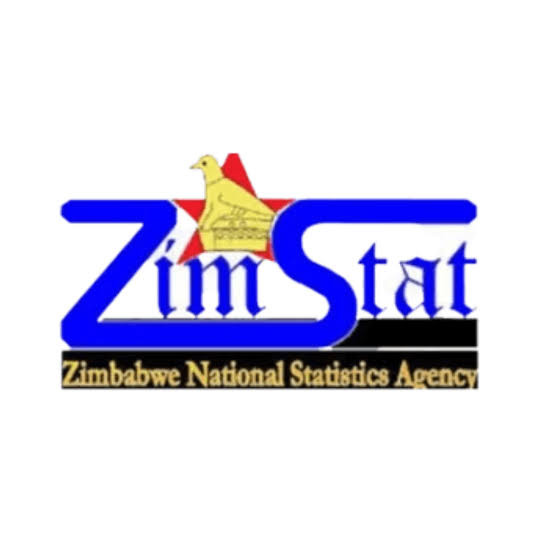
SUBSTANTIAL amounts of ‘capital-strapped’ AFC Commercial Bank are being moved to fund the operations of its parent company, AFC Holdings Limited (AFCH), throwing the ‘progressively weakened’ lender off balance, a central bank report showed this week.
The state-run AFCH has been placed under constant watch by the Reserve Bank of Zimbabwe (RBZ), which says a governance rot at the operation could be ‘threatening’ the entire banking system, according to confidential correspondence obtained by this publication.
Government controls 100% shareholding in the country’s newest financial services empire through the ministries of Finance and Agriculture, which each hold 50% stakes.
The RBZ’s report warns that AFCH’s contested decisions could destabilise Zimbabwe’s oldest running agricultural lender, which it says is carrying the burden of an empire that has struggled to make a mark since its establishment about a year ago.
AFCH came onto the scene after a bold revamp at Agribank, which ended with the formation of a boutique of financial services players — AFC Land and Development Bank, AFC Commercial Bank, AFC Leasing Company and AFC Insurance Company.
Government’s plan was to develop a behemoth that will drive back Zimbabwe’s US$8 billion agricultural sector to its former heydays in the 1990s, when Harare was seen as southern Africa’s breadbasket.
For now, however, the RBZ’s report casts doubts over AFCH’s capacity to transform the sector, in the immediate term, unless several governance deficiencies are addressed.
The central bank had already suspected AFCH could be crippled by poor governance when the unbundling took place, leading to the targeted onsite examination, which took place in October, with the results coming through on March 8 2023.
- AFC Bank capital plan gets RBZ nod
- Esidakeni, Cyrene farms grab topical for Mat’land in 2021
- Esidakeni, Cyrene farms grab topical for Mat’land in 2021
- RBZ blocks Harare US dollar charges
Keep Reading
“The level of management fees being levied by the holding company on the banking institution was considered exorbitant and unsustainable as AFC Commercial Bank is generating most of the revenue, albeit lower than peers,” the RBZ said.
“The group has adopted a cost recovery plus 10% method to fund the operational costs of AFC Holdings Limited. The cost recovery method was approved by the board. There is no evidence that all the fees paid are related to the services rendered to the subsidiaries by the holding company.
“The current management fees - structure was considered by the commercial bank as imprudent as it leaves the commercial bank without control of a significant portion of its recurring monthly expenditure and prejudices the subsidiary due to the size of other subsidiaries,” the report noted.
It exposed how under capitalisation had held back the group, and AFC Bank, its flagship unit.
This week, AFCH turned down a request for comment.
But unless new technologies have been acquired in the past two months, it could be the only bank running its operations on manual system, which has led to leakages.
“The group and other subsidiaries are operating without adequate ICT systems and structures in place and they rely on manual processes for records. The banking institution is facing challenges with the core banking system such as general ledger mismatches, and accounts that are not properly accruing interest, negatively impacting profitability,” the RBZ said.
Under normal circumstances, the bulk of banks’ revenues are earned through interests, the profit that lenders generate after giving out loans.
The RBZ exposed how AFCH has established a ‘bloated structure’ with almost 40 executives, even as the group appeared to be struggling to generate business.
It said AFC Bank, which is driving the whole empire, was generating revenue at a much lower level than its peers.
Pressures being exerted on AFC Bank could be the source of confrontations between its board and the holding company’s directors, insiders said this week.
The battles peaked last year, when four of AFC Bank’s board members were sacked, ‘inappropriately’, according to the RBZ, after red-flagging how it was ‘losing control’ of its monthly expenditures.
The RBZ also casts doubt on whether AFC Bank was paying its parent for the right services.
“The current organisational structure within the group is bloated and is not supported by the current level of business and is thus unsustainable,” the report said.
“The bloated group structure and lack of critical mass continue to weigh down on the performance of the banking institution due to a huge employment cost, thus hindering organic growth.
“Following the establishment of the holding company and the other subsidiaries, the staff complement increased from 522 as at June 30 2021 when the commercial bank was the only operating entity, to current levels of 752. The increase in the staff complement is, however, not supported by an increase in business operations.
“The group staff complement of 752 include 38 executives (heads of functions) and this was considered disproportionately large for an organisation still in the formative stages where revenue generation is suboptimal,” the RBZ added.
The central bank further stated: “Within 30 days from the date of this order, the board should submit to the RBZ a detailed plan indicating specific actions that the board of directors and management proposes to take to address all the noted breaches and irregularities.
“Within 60 days from the date of this order, the board should reconstitute board committees to ensure that their composition meet regulatory requirements. Not later than 30 April 2023, AFCH should put in place a comprehensive group corporate governance framework for clear definition of roles and responsibilities of the holding company and the subsidiaries”.










